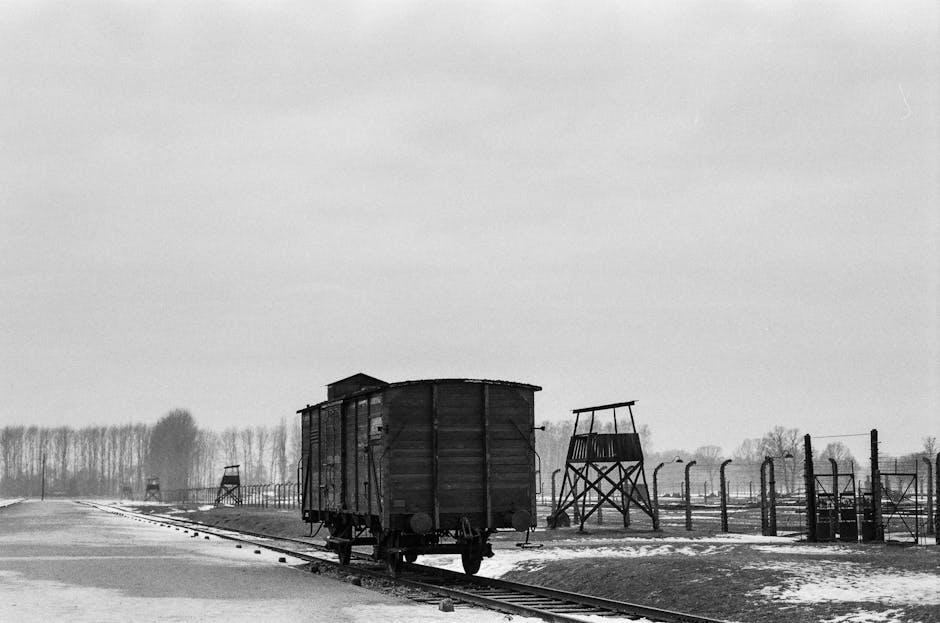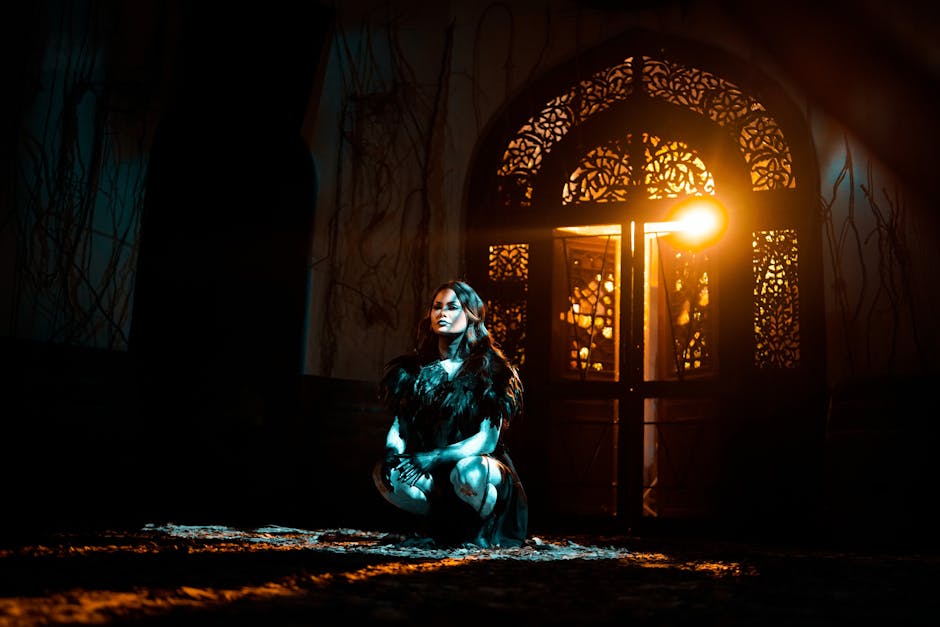A Sobering Return to Grown-Up Espionage
In an age of cinematic universes and CGI-laden blockbusters, there’s a quiet, potent magic to a thriller that relies on whispers rather than explosions. The Cold War, that long, paranoid twilight struggle, has always been fertile ground for such stories. We’ve seen charismatic spies and high-tech gadgets, but in ‘Winter of the Crow,’ director Julian Croft strips away the glamour to deliver something far more chilling and resonant: a proper, grown-up espionage drama. At its very heart is a titanic performance from Lesley Manville, who proves once again why she is one of Britain’s finest acting talents.
Hunting a Mole in 1980s London
The film, set in the damp, dreary London of 1982, feels instantly authentic. The air is thick with the fug of cigarette smoke and the palpable tension of a world on a knife’s edge. Manville plays Eleanor Vance, a senior MI6 analyst relegated to a dusty office in the archives—a punishment posting after a field operation in East Berlin went disastrously wrong years ago. She is a ghost in the machine, a woman of sharp intellect and buried trauma, overlooked by the male-dominated hierarchy of the Circus.
Her quiet existence is shattered when a former contact, a jittery and desperate defector from the Stasi, surfaces with terrifying intelligence: there is a high-level mole, codenamed ‘The Crow’, nested deep within British intelligence. The catch? He will only speak to Eleanor. This pulls her from the shadows and back into the treacherous world of mirrors she tried to escape, forcing her to navigate a labyrinth of deceit where every colleague is a potential suspect and every friendly word could be a lie.
A Masterclass in Slow-Burn Tension
This is not a film of car chases or rooftop shootouts. The action in ‘Winter of the Crow’ is psychological, its battlefields confined to interrogation rooms and rain-slicked park benches. The script, penned with lean precision by David Logan, trusts the audience to keep up. The tension is a masterful slow-burn, built not on jump scares but on the dread of betrayal and the weight of impossible choices. Director Julian Croft paints a world in shades of grey—morally, emotionally, and literally. The muted colour palette of browns, beiges, and slate greys perfectly captures the oppressive atmosphere of a nation grappling with its own decline.
Lesley Manville‘s Towering Performance
All of this meticulous world-building would be for nought without its anchor. Lesley Manville is, quite simply, the soul of the film. She delivers a veritable masterclass in restraint. As Eleanor, she is a study in quiet determination. Her strength isn’t physical; it’s in her sharp, assessing gaze, the slight tightening of her jaw, and the flicker of old wounds that flashes across her face when she thinks no one is watching. She embodies the profound loneliness and immense pressure of a spy who can trust no one. It’s a performance devoid of vanity, one that conveys a lifetime of weariness and an unyielding core of professional mettle.
The Final Verdict
‘Winter of the Crow’ may not be for everyone. Those seeking the explosive thrills of a Bond film or the kinetic pace of a Bourne adventure might find its deliberate pacing a challenge. But if you appreciate the intricate, cerebral puzzles of films like Tinker Tailor Soldier Spy or the grim realism of John le Carré’s novels, this is a must-watch.
It is a sobering, intelligent, and deeply atmospheric Cold War thriller that reminds us that the most gripping conflicts are often the ones fought in the quiet, desperate spaces between people. It’s a film that gets under your skin and stays there, largely thanks to Lesley Manville, who doesn’t just play a spy; she becomes the very embodiment of the Cold War’s human cost.




